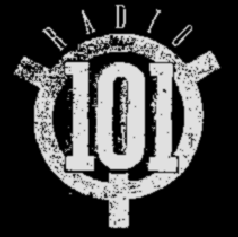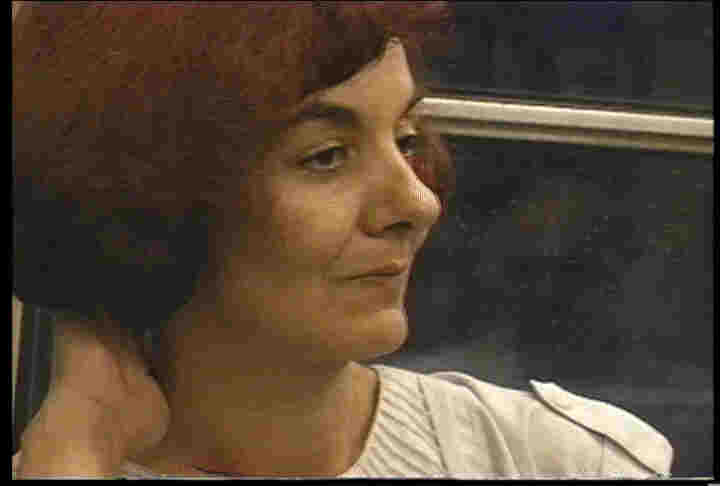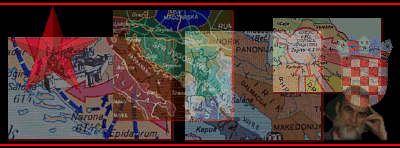



On November 20, the Croatian Telecommunications Council refused a licence to Radio 101, the last independent radio station in Croatia. The decision would force Radio 101 to stop transmitting at the end of November, but the government bowed to citizens pressure and 101's license is extended till January 15. Meanwhile, in Serbia the government shut down Radio B92 - mostly for same reasons: reporting on people's anger about government's democracy mocking. Like Croatian, Serbian government was quickly compelled to put the radio back on.

A human rights watch award winning film about the rape of Bosnian women.

Road map of Croatia and Bosnia
While following the war in Croatia and Bosnia, did you ever find yourself lost with names like Mrkopalj, Strizivojna, Cvrsnica or Zagonj? I did. And I lived in Croatia for 25 years. Now you can find all and more of those un-pronouncable names on a road map, thanks to Dubravko Kakarigi and his map site.
Bosnia would maintain its current borders, but be divided into two entities - a Bosnian-Croat federation and a Bosnian Serb republic (i.e. Republika Srpska).
A central government with a parliament and presidency, would remain in a united Sarajevo.
War criminals would not be allowed to hold office, but no requirement to arrest them was specified.
Local armed forces would be withdrawn to agreed positions and an international force sent in to keep the peace. Bosnia will basically become a military protectorate of NATO. NATO has outlined a plan for a 60,000 member force - one third of it American - to act as peacekeeper.
Refugees would have the legal right to return home; human rights would be monitored by an independent commission.
David Rohde, a reporter for Christian Science Monitor, was held 10 days in captivity by Bosnian Serbs after his attempts to take pictures of mass-graves around Srebrenica.